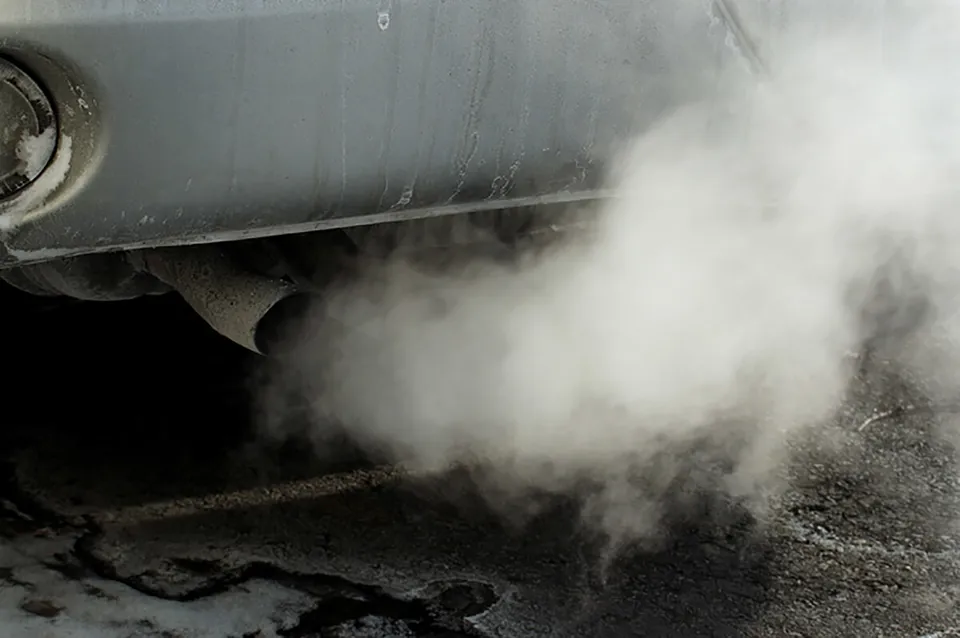A move to veto a plan to temporarily raise NOx emission limits for diesel cars was rejected by MEPs on Wednesday (February 3).
MEPs decided against vetoing the plan after the EU Commission promised a review clause and tabled a long-term legislative proposal to revamp the EU car approval regime.
“Intense negotiations took place with the European Commission and member states after the environment committee backed the objection, and the European Commission delivered,” said environment committee chair Giovanni La Via.
“We now have clear commitments from the European Commission for a review clause with a precise timeframe, in order to bring down the maximum emission values to the levels which were agreed upon by co-legislators.
“A proposal for a long-term reform of the EU approval regime for cars is also on the table, as requested by Parliament”, he added.
“I therefore welcome the responsible decision from the plenary, which will allow us to go ahead with the RDE procedure in order to bring down NOx emissions from cars which are, at the moment, 400 to 500% above the official limits.
“We have avoided uncertainties, because industry now has strict but sustainable deadlines to meet. In Europe, we will have better air quality for our citizens without losing jobs."
According to the European Commission, the transitional relaxation of limits is justified by the need to take account of technical uncertainties to do with the use of the new Portable Emission Measurement Systems (PEMS) device, as well as “technical limits to improving the real world emission performance of currently produced diesel cars in the short-term”.
The vote clears the way for the European Commission to go ahead with the second RDE package. Two more are to be tabled in order to complete the process.
However, campaign group Transport and Environment (T&E) accused the European Parliament of caving into pressure from car-producing countries.
The effective new Euro 6 limit, 168mg of NOx per km, is more than double that agreed in 2007 (80mg/km).
Greg Archer, clean vehicles director of T&E, said: “It’s disgraceful that the most powerful countries in Europe think that keeping dirty diesel is good for their car industry while citizens are poisoned.
“The European Commission and progressive members of the European Parliament have fought tooth and nail to prevent a bad outcome but this wasn’t sufficient to counter the pressure from EU national governments.”
T&E accused EU governments of pressurising national MEPs to accept the weakening of the legal limits.
Archer continued: “There’s only one way out of this scandal and that is to have an early review of the flexibility in the new test (conformity factors) in 2017 and ensure all diesels meet the Euro 6 rules on the road by 2021 at the latest.
“Until that happens, no one will consider diesel cars clean and cities may be forced to ban them to comply with EU air quality standards.”
The second RDE package, approved by the Technical Committee on Motor Vehicles (TCMV) seeks to establish quantitative RDE requirements to limit the tailpipe emissions of light passenger and commercial (Euro 6) vehicles.
The proposed requirements are to be introduced in two steps:
- Car manufacturers would have to bring down the discrepancy to a “conformity factor” of a maximum of 2.1 (110%) for new models by September, 2017 (and for new vehicles by September 2019).
- This discrepancy would be brought down to a factor of 1.5 (50%), taking account of technical margins of error, by January, 2020, for all new models (and by January 2021 for all new cars). A conformity factor for the number of particles (PN) remains to be determined
The Environment Committee will hold a public hearing on the RDE procedure on February 23.




















Login to comment
Comments
No comments have been made yet.